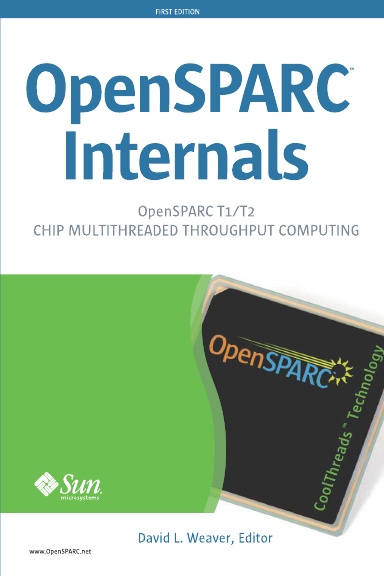I was looking at some code today and it reminded me of a very common performance issue - reloading data around calls. Suppose I have some code like:
int variable;
void function(int *array)
{
for (i=0; i<1000; i++)
{
if (variable==1)
{
func1(a[i]);
}
else
{
func2(array[i]);
}
}
}
You might be surprised to find that "variable" is reloaded very iteration of the loop. The reason for this is that the loop calls another function - either func1() or func2() and the compiler knows that the function might change the value of "variable" - so to be correct it needs to be reloaded.
This problem can be fixed by caching a local copy of the variable. The compiler "knows" that local (or stack based) variables don't get modified by function calls.
However, the problem is more general than this, in C++ you might observe a reloading of variables that are members of objects - for similar reasons. The general rule for avoiding this is to examine every load or store in the hot region of code to check whether it is necessary, or whether it has been introduced because of a function call.




No comments:
Post a Comment